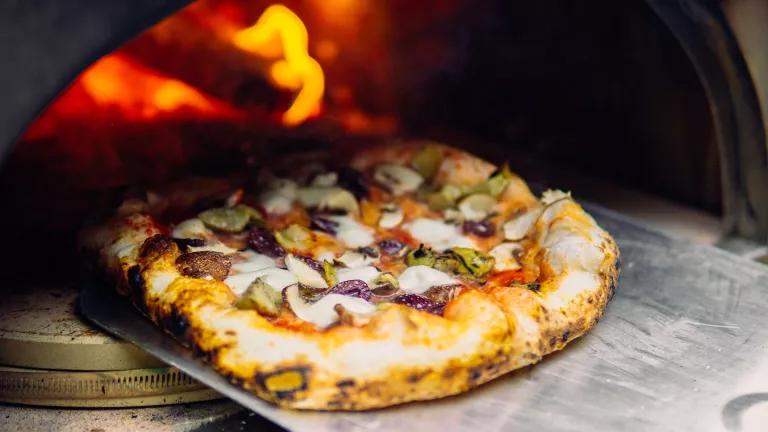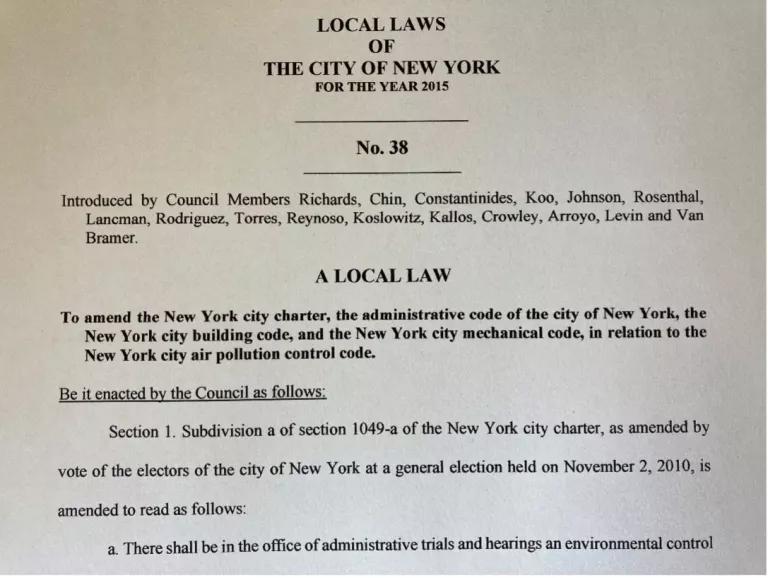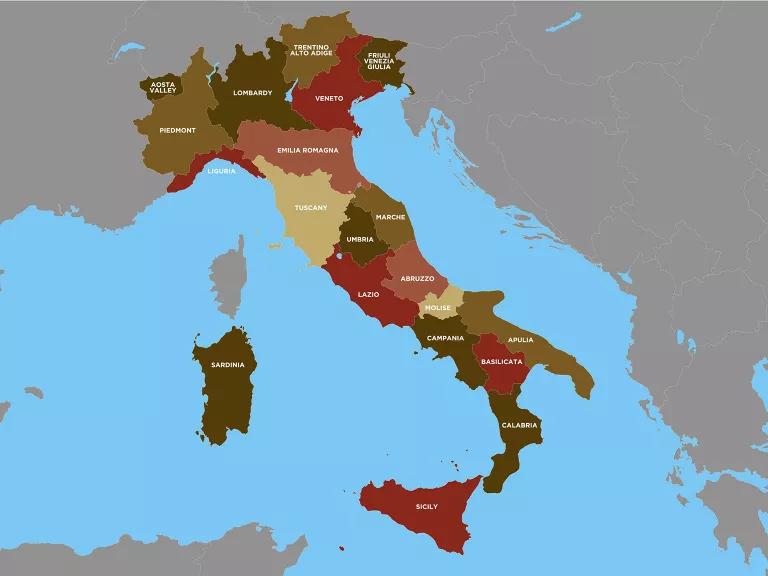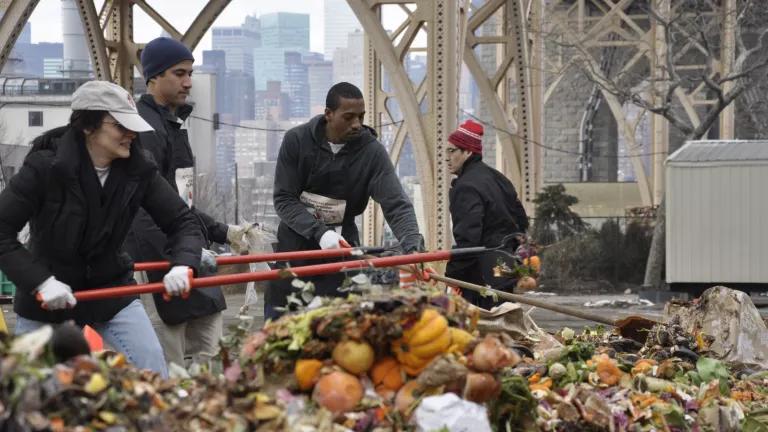NYC’s New Pizza Oven Rule Will Protect Neighborhood Air Quality
The law will target the emissions and other air pollution that come through people’s windows from nearby pizza restaurants.

Vilmantas Bekesius
New York City is cracking down on a long-ignored, localized source of smoke, cooking odors, and air pollution — restaurants with wood- and coal-burning pizza ovens.
Implementing a law passed by the New York City Council in 2015, the Department of Environmental Protection is directing the hundred or so restaurants that have been using these cook stoves since before 2016 to assess the feasibility of utilizing off-the-shelf pollution filters and, depending on the outcome of that assessment, to install control devices that will capture between 25 percent and 75 percent of their particulate matter emissions.
The proposal is a sensible strategy that aims to slice away a pernicious source of neighborhood air pollution.
Uncontrolled cook stoves, like wood- and coal-burning pizza ovens, discharge particulate emissions and noxious odors, affecting thousands of residents in the nation’s most densely populated city, where apartment windows are often located just yards away from restaurant exhausts.

A 2015 law directs restaurants to control emissions from coal- and wood-burning ovens. There is no reason to turn this rational pizza oven pollution reduction proposal into a political hot potato.
Eric Goldstein for NRDC
Particulate matter is one of six major pollutants regulated under the federal Clean Air Act, due to their widespread nature and threat to public health. Fine particles can be as small as 1/30th the width of a human hair. They can elude the body’s defense mechanisms and lodge deeply in the lungs.
While air quality in New York City has improved significantly over the decades, pollution levels can vary from neighborhood to neighborhood and even block to block.
Uncontrolled coal- and wood-burning pizza ovens are a significant source of air pollution that can affect the thousands of New Yorkers whose apartments are adjacent to these oven exhausts.
The proposed regulations have been eight years in the making. They are the product of careful review by the city council, the Department of Environmental Protection, and an advisory committee that included representatives from affected businesses.
Nevertheless, some press accounts have fanned the flames of opposition, insisting that the proposed rules are unnecessary, ineffective, and unduly burdensome. Not so.
One claim from the opponents is that controlling emissions from New York City’s pizza ovens won’t really make a difference on the global warming front. But the proposed rule is designed to tackle neighborhood emissions, smoke, and odors. The fact that this localized strategy doesn’t by itself solve the worldwide climate crisis is beside the point.
Nor does the proposed rule “ban” wood- or coal-burning pizza ovens, as some argue would be the case. It simply requires that food service establishments with cook stoves in place before May 2016 conduct a feasibility review to determine if it is practicable to install proven pollution-capturing filters; then, if feasible, to install equipment that will cut emissions between 25 percent and 75 percent. And the proposal includes a provision allowing restaurant operators to apply for a variance from having to install any air filtration equipment if doing so would create an unreasonable hardship.
Another argument of the rule’s opponents is that pizza ovens burning anthracite coal don’t produce as much particulate matter as other cook stoves. But there’s no such thing as clean coal; it’s the most carbon-intensive fuel we can burn. And regardless of the type of coal burned, its extraction destroys landscapes and ecosystems. Coal mining dumps unwanted rock and soil into streams and washes toxic runoff into waterways.
Finally, this rule will not mean the end of cook stove pizza shops in New York City. All restaurants with coal- or wood-burning cook ovens that have opened here since May 2016 have already been complying with the pollution-reducing provisions of this rule; they seem to be doing just fine.
And restaurants with cook stoves in Italy—the birthplace of pizza—have been required to utilize particulate filters for years. I hear the pizza there still tastes great.

Restaurants in some Italian towns and cities installed filters on their pizza ovens years ago and the restaurants are doing just fine.
This blog provides general information, not legal advice. If you need legal help, please consult a lawyer in your state.




